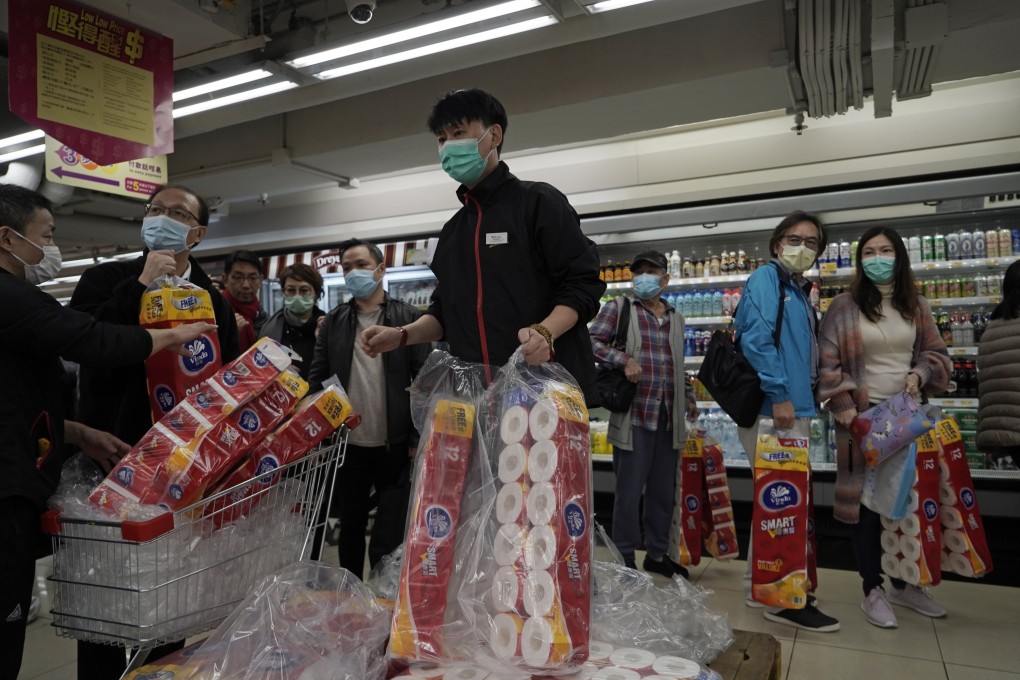Letters | Why Hong Kong supermarket giants do not deserve Covid-19 subsidies

This is taxpayers’ money, meant for the relief of struggling businesses and their staff, not for inflating the already absurd profits of fabulously wealthy multinationals.
I compared the retail prices of a Waitrose range of products as sold in Britain, against the ParknShop prices of the exact same products. Remember these are Waitrose retail prices, ParknShop will be paying 30-40 per cent less, on a wholesale basis.
I deliberately chose only canned and packaged products which are shipped by container and whose cost of freight is negligible. Comparing prices in Hong Kong dollars at the exchange rate of £1 = HK$10.20, this is what I found:
An 80s pack of tea bags, sold at HK$12.24 in Waitrose, was HK$36.90 at ParknShop, a mark-up of more than 200 per cent. A HK$3.57 can of baked beans was HK$17 in Hong Kong, marked up by 376 per cent. Similarly, for items ranging from kidney beans, soup and chickpeas to cinnamon sticks, the mark-up was anything between 142 per cent and 242 per cent.
Now, apparently they are considering applying for the second round of government subsidies. Is there no end to the greed of these companies?